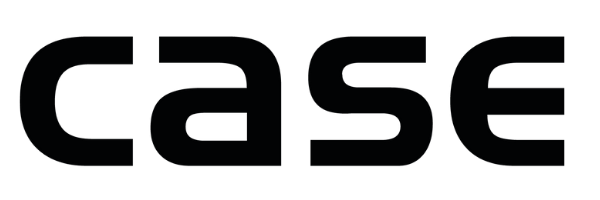In a world brimming with diverse languages and expressions, British Sign Language (BSL) stands out as a testament to the resilience and richness of human communication. Embraced by more than 70,000 deaf individuals across the UK, BSL serves as the primary language of the Deaf community, fostering connection, understanding, and cultural identity.
BSL is more than just a collection of hand movements; it is a fully-fledged language with its own vocabulary, grammar, and syntax. Expressed through the fluidity of hand gestures, body language, facial expressions, and head movements, BSL embodies a unique mode of communication that transcends linguistic boundaries.
Unlike spoken or written languages, BSL does not have a direct one-to-one correspondence with English. Thus, the interpreting process involves more than mere translation; it requires a deep understanding of meaning and context, often necessitating the use of different vocabulary and grammatical structures to convey the same message effectively.
Despite its significance, BSL remains relatively overlooked in mainstream discourse. Yet, its importance cannot be overstated. BSL holds a revered place within the Deaf community, serving as a cornerstone of cultural identity and social cohesion.
One of the remarkable aspects of BSL is its regional diversity. Just as spoken languages exhibit dialectical variations across different regions, BSL also encompasses a myriad of dialects across the UK. For instance, signs used in Scotland may differ from those in the South of England. Moreover, some signs are unique to specific towns or cities, further enriching the linguistic tapestry of BSL.
Understanding these dialectical variations is crucial for fostering effective communication within the Deaf community. It promotes inclusivity, ensuring that individuals from diverse backgrounds can communicate freely and express themselves fully.
At Case Training Hull, we recognise the importance of promoting linguistic diversity and accessibility. That’s why we’re thrilled to announce the upcoming visit of Rachel from RNID (Rnid.org.uk) on the 9th of April 2024. Rachel’s visit will provide essential NHS hearing aid maintenance, retuning services, and battery supplies, reaffirming our commitment to meeting the diverse needs of our community members.
The positive response from Rachel’s previous visit in November speaks volumes about the profound impact of accessible healthcare services for the Deaf community. By providing essential resources and support, Case Training Hull strives to empower individuals to lead fulfilling lives and participate fully in society.
As we celebrate the richness of British Sign Language, let us also reaffirm our commitment to promoting inclusivity and accessibility for all. Whether through linguistic diversity or healthcare accessibility, every step we take towards creating a more inclusive society brings us closer to realising the true potential of diversity.
In conclusion, British Sign Language serves as a bridge, connecting individuals across linguistic and cultural divides. By embracing BSL and supporting initiatives for accessibility and inclusion, we honour the diversity of human expression and create a more equitable and compassionate world for all.


